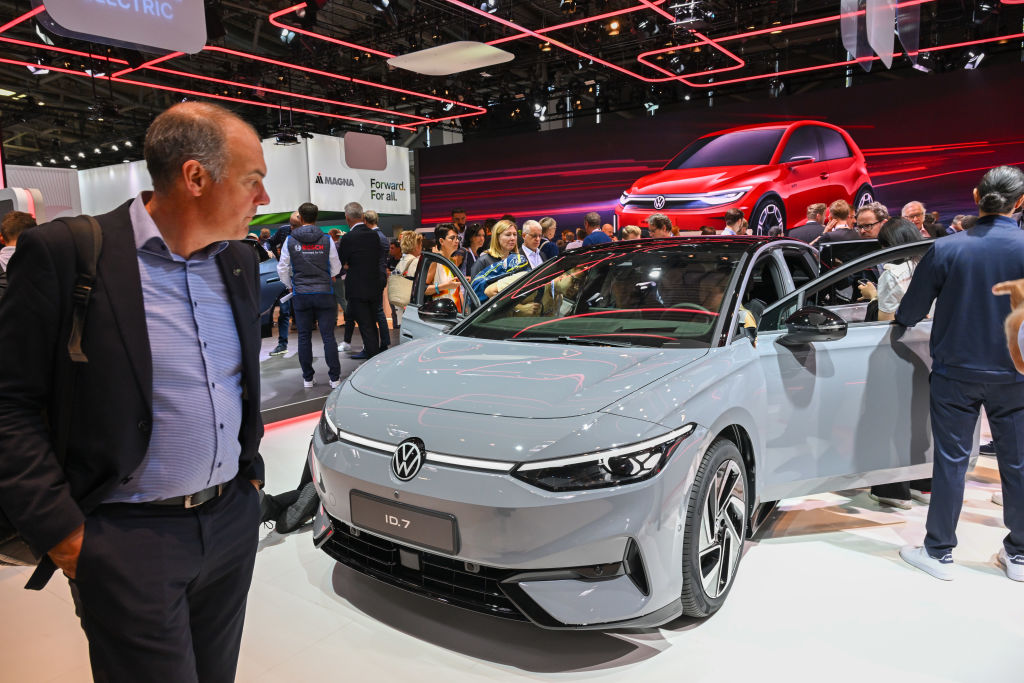Eurocrats have expressed concern over the failure of private industry to ramp up their production and use of “green” hydrogen.
A cornerstone of Brussels’ Green Deal, the European Commission warned on June 3 that not enough industry players appeared to be getting on board with the new technology.
“There are still too few projects moving towards final investment decisions, and too few off-takers signing contracts to switch to hydrogen,” the bloc’s energy Commissioner, Kadri Simson warned.
The body has now launched a so-called “pilot mechanism” to “accelerate” investment in the technology.
“The hydrogen pilot mechanism will collect, process and give access to information on demand and supply for renewable, low-carbon hydrogen and derivatives, allowing European off-takers to match with both European and foreign suppliers,” the EC said in a press release.
“In Europe the first large-scale electrolysers are already under construction and the first off-take agreements have been signed.
“Hydrogen will play an important role in achieving our Green Deal targets, phasing out Russian fossil fuels, and supporting the decarbonisation and competitiveness of European industry.”
Europe at a Crossroads! ?️ Join us from June 9-14 for exclusive video coverage of the EU elections. Tune in to hear our experts break down the results and analyse the future of EU immigration and green policy. Sign up for more! #EUElections #UseYourVotehttps://t.co/RqUUcvC9gE pic.twitter.com/copRkr1Oon
— Brussels Signal (@brusselssignal) June 3, 2024
The launch of the new programme comes amid some market scepticism about hydrogen as a viable alternative to fossil fuels.
While Europe has remained bullish on the unproven tech, other governments have expressed scepticism that it could replace such energy sources anytime in the foreseeable future.
According to a 2022 report by the UK House of Commons Science and Technology Committee, hydrogen is unlikely to be cost-effective for home heating or powering vehicles.
“The Committee concludes that hydrogen is not likely to be practically and economically viable for mass use in the short and medium term for heating homes or fuelling passenger cars due to the significant cost, technological and infrastructure challenges associated,” the body said.
It added that it was “unwise” to assume the technology could be used to substantially reduce the UK’s carbon emissions.
More recently, German truck manufacturer MAN claimed hydrogen-powered buses and trucks could not compete with electric vehicles, citing high costs.
“It’s impossible to compete with battery-electric technology. The total cost of ownership will always be cheaper with electric vehicles,” CEO Alexander Vlaskamp said.
“Today you cannot buy hydrogen for less than 13 or 14 euros, and it is not green. And if we have green hydrogen, it will be needed for the steel, cement or plastics industries.
“Hydrogen is not practical. It is one thing to have the technology, but another to make it profitable,” he concluded.
Two journalists were refused entry to the Polish Parliament for wearing T-shirts emblazoned with the slogan “Down with the Green Deal” amid protests in Warsaw against the EU environmental measures. https://t.co/OmFOGH2vWl
— Brussels Signal (@brusselssignal) May 13, 2024





